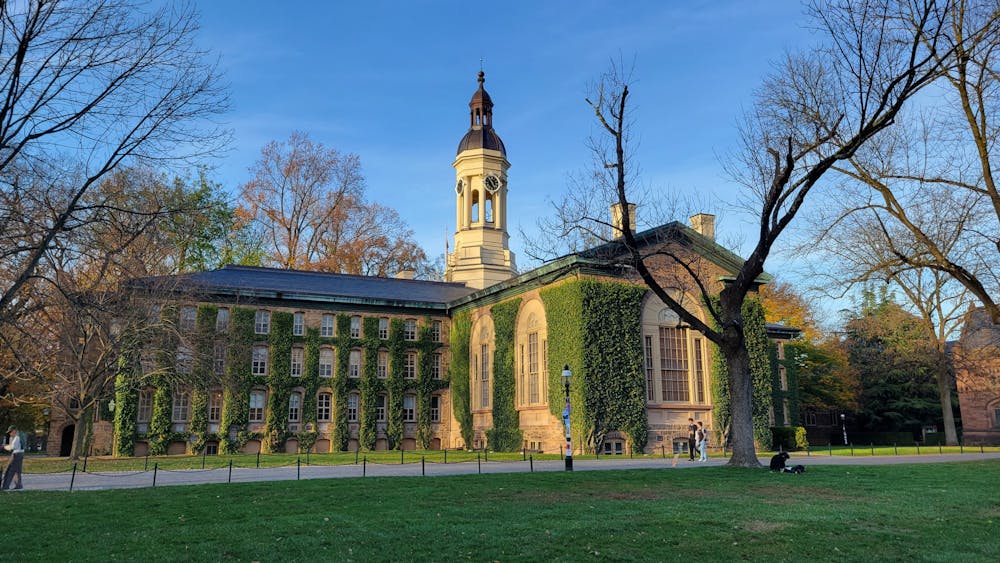The University announced changes to its admissions program on Tuesday, almost two months after the June Supreme Court ruling that prohibited colleges from considering race, ethnicity, and national origin when considering students for admission. The changes for the Class of 2028 application cycle will be limited to new essay prompts in the undergraduate application and measures to make the ethnicity and nationality of applicants unavailable to admissions officers, according to an announcement posted to the University website on Tuesday.
In addition, the University announced the Board of Trustees has developed an ad hoc committee charged with evaluating new admission policies to go into effect in future application cycles.
The long-anticipated announcement comes as many groups on campus have suggested much more widespread reform such as the elimination of legacy admissions and the introduction of class-based affirmative action.
In recent weeks, Harvard University has made a similar move to Princeton by changing essay questions to emphasize an applicants backgrounds. Wesleyan University college gained attention after eliminating legacy admissions in the wake of the ruling.
The announcement shares the ad hoc committee’s two guiding principles: “merit-driven admissions” and a commitment to admitting talented students from diverse backgrounds. The committee is also charged with reviewing the impact of the pandemic and of campus expansion on “the University’s achievement of its admissions policies.
The committee will evaluate the changes featured in this year’s admission cycle aimed at upholding these principles, including new essay prompts. The group of trustees will also be tasked with considering long-term changes to the admissions process as well as reviewing admission data and trends.
These efforts represent the University’s commitment to “work vigorously to preserve — and, indeed, grow — the diversity of our community while fully respecting the law” as shared by President Christopher Eisgruber ’83 immediately following the ruling.
“This ruling also comes after a global pandemic and amid a significant expansion of the undergraduate student body. It is a good time to take a broader look and ensure our admissions policies in general are optimally serving the University’s mission,” the Aug. 22 announcement reads.
The release of Princeton’s Common Application questions last week already saw a shift in language aimed at gleaning students’ experiences without explicit mention of race. Specifically, the question asks applicants to “reflect on how your lived experiences will impact the conversations you will have in the classroom, the dining hall or other campus spaces.”
The announcement states that modifications in the application process for the coming year will make race, ethnicity, and national origin unavailable to all University personnel involved in the evaluation of prospective students in compliance with the Supreme Court’s decision. All such personnel will also receive education on what practices facilitate full compliance.
The ad hoc committee, led by José Alvarez ’85, is expected to share its findings and recommendations by the end of the 2023-2024 school year before the board of trustees’ May 2024 meeting, though it is expected to regularly share reports with the Board of Trustees about its deliberations. One Young Alumni Trustee, Jackson Artis ’20, will serve on on the committee.

Bridget O’Neill is an assistant News editor for the ‘Prince.’
Please send any corrections to corrections[at]dailyprincetonian.com.








